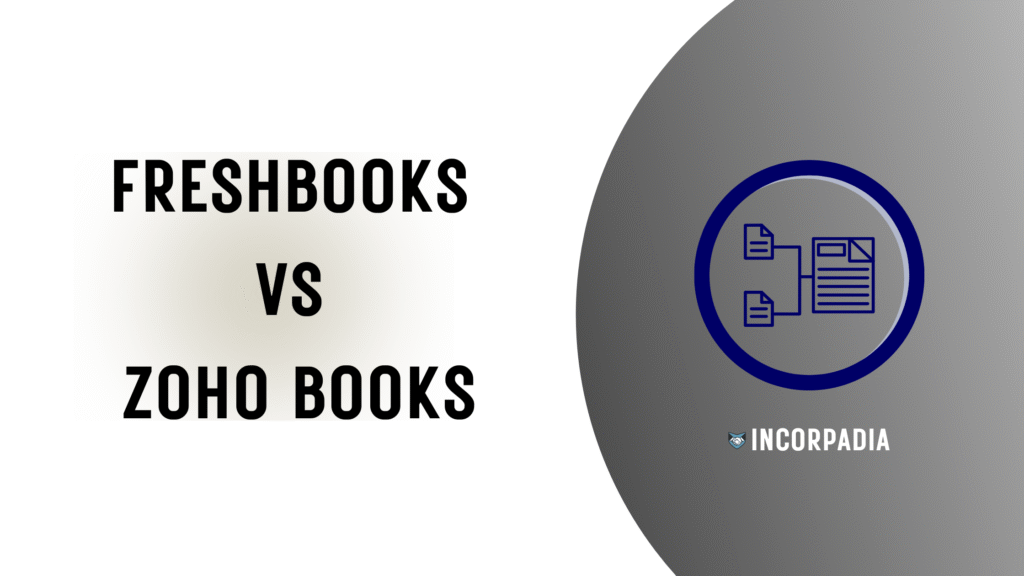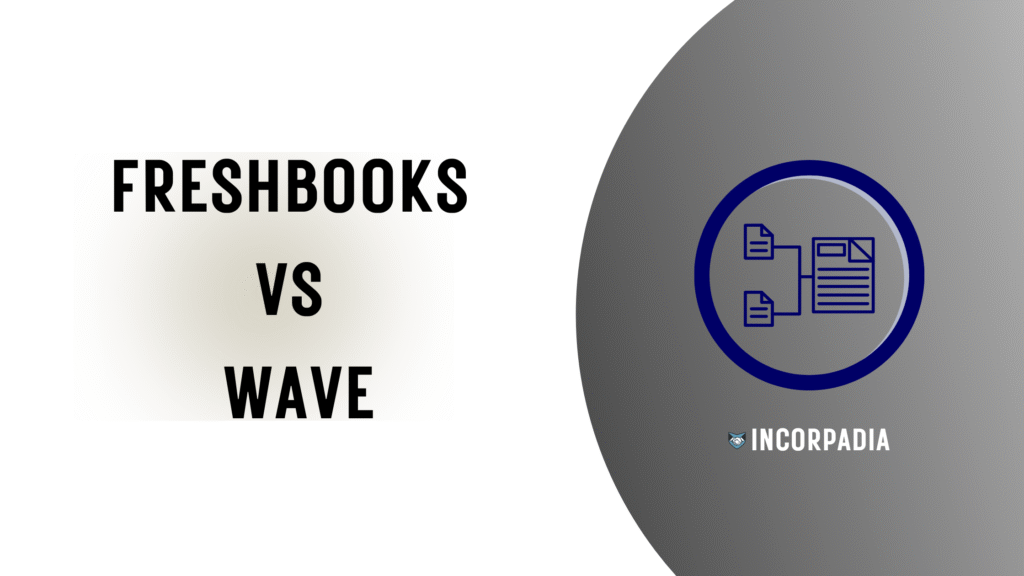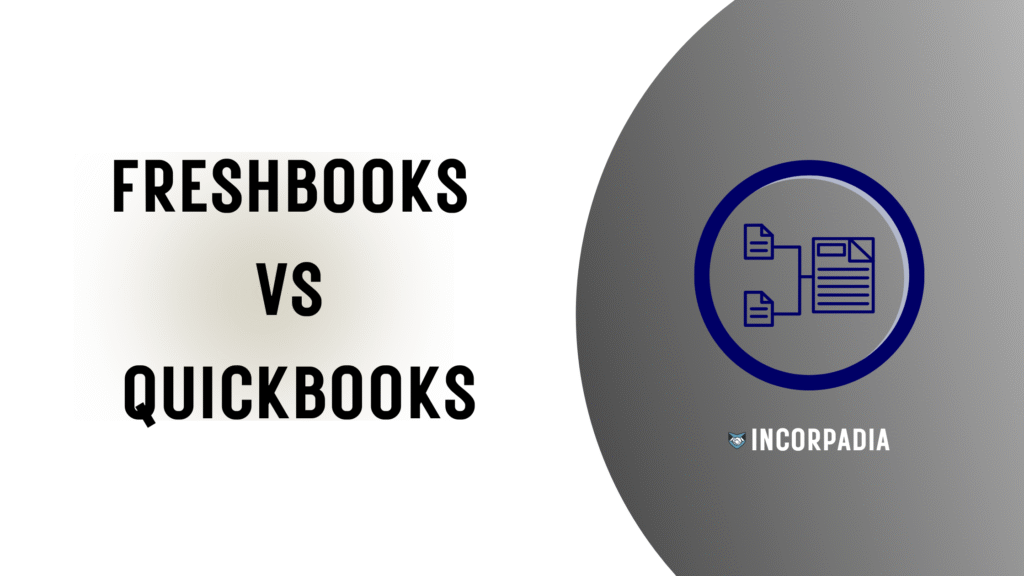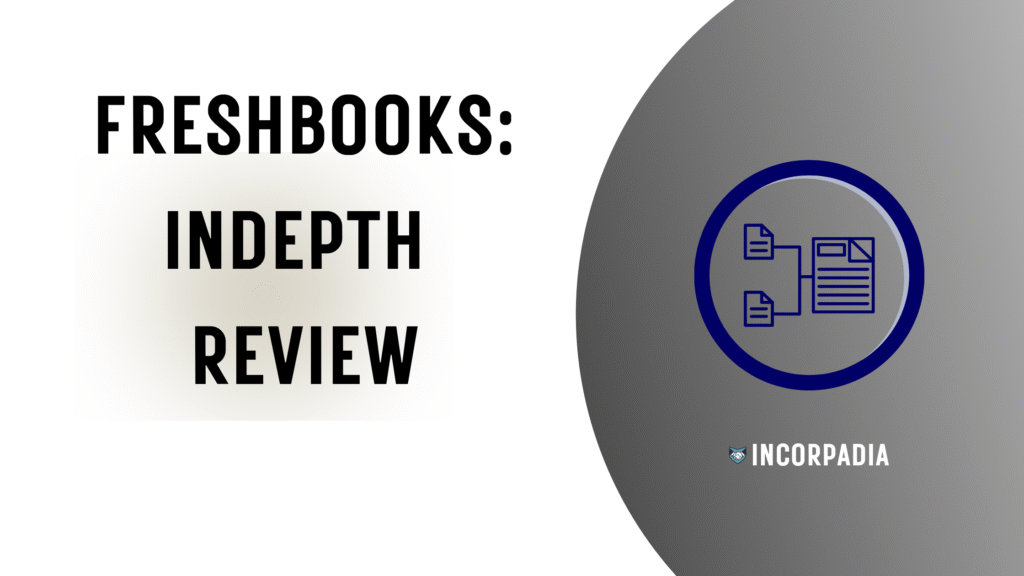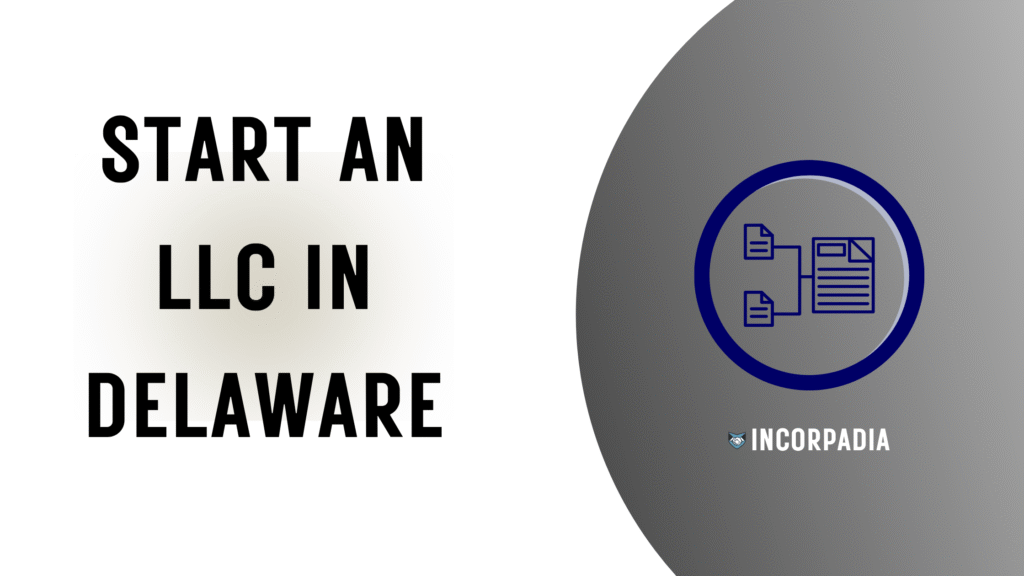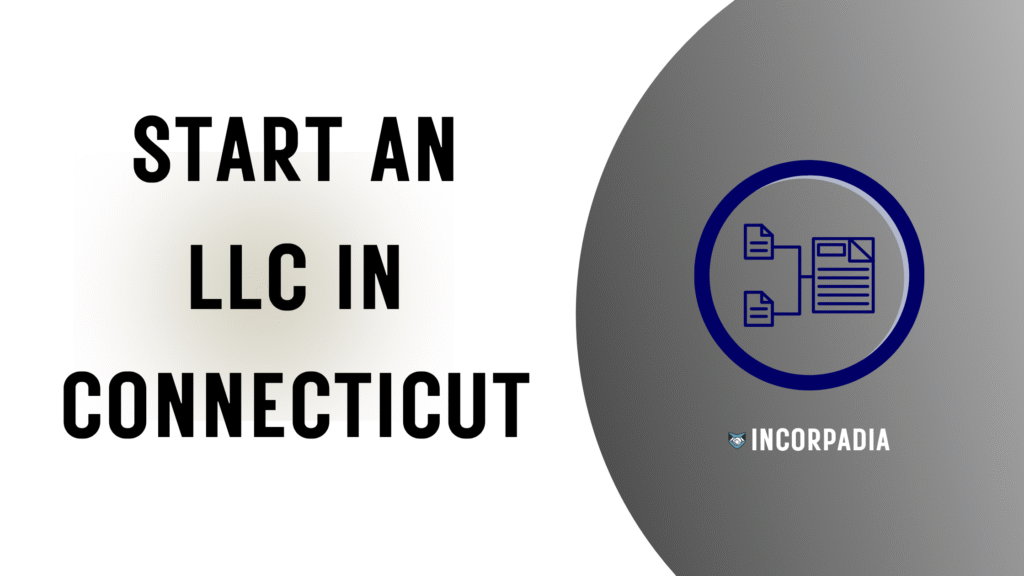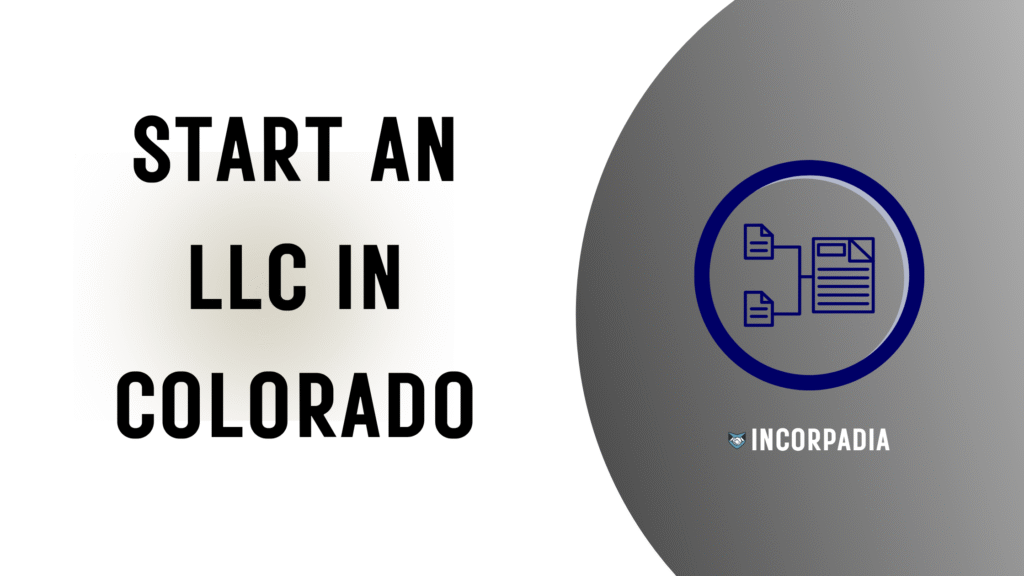Choosing accounting software is one of the most important decisions for any business owner, freelancer, or entrepreneur.
You want something that helps you stay on top of money, track expenses, invoice clients, and keep taxes simple—without eating up your time. Among the popular options, FreshBooks and Zoho Books often rise to the top of the list.
Both tools promise to help you manage finances, but their approach, usability, and focus are very different. FreshBooks is designed to be straightforward and user-friendly, making it a favorite among small businesses and service providers. Zoho Books, on the other hand, is packed with deeper accounting features and is a part of Zoho’s larger ecosystem of business apps.
At first glance, both seem solid, but when you peel back the layers, FreshBooks has clear advantages that make it the smarter choice for the majority of small business owners and freelancers. Let’s take a deep dive into the differences, analyzing everything from user experience to integrations, pricing, customer support, and more.
FreshBooks Overview
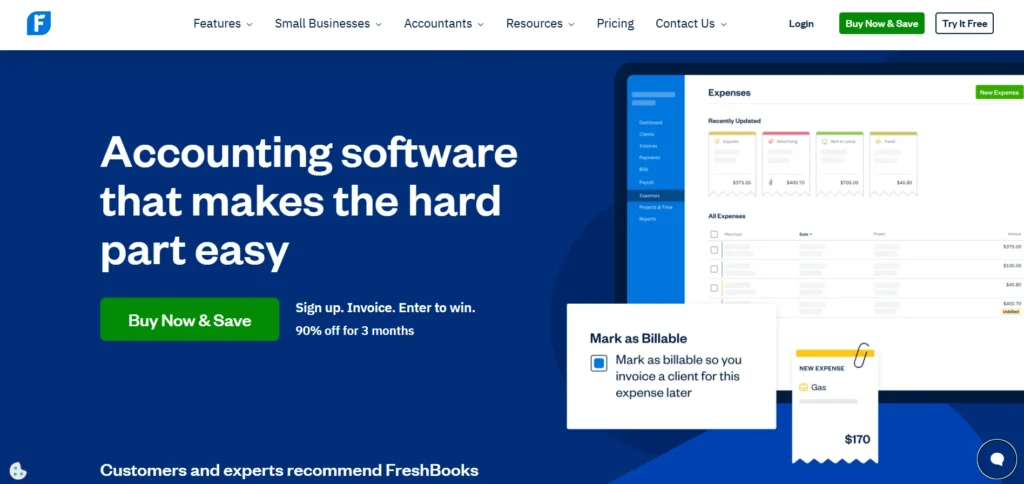
FreshBooks is a cloud-based accounting and invoicing platform designed primarily for freelancers, service-based businesses, and small business owners. Its biggest strength is simplicity. Unlike traditional accounting systems that can feel overwhelming, FreshBooks is intuitive and easy to navigate—even for people with no financial background.
The platform brings together the essentials of running a business in one place. Users can create and send professional invoices, track expenses, manage projects, and log billable hours. With built-in payment options, clients can pay directly through invoices, speeding up cash flow and reducing the hassle of chasing payments. FreshBooks also supports recurring billing, late payment reminders, and customizable invoice templates, making it a great tool for professionals who bill regularly.
Beyond invoicing, FreshBooks includes reporting tools that give clear insights into profit, expenses, and taxes. It integrates with popular apps like Stripe, Shopify, and G Suite, so it fits smoothly into existing workflows. Its mobile app lets users manage finances on the go—whether tracking mileage, snapping receipts, or sending an invoice right after a client meeting.
With responsive customer support and a focus on ease of use, FreshBooks is more than accounting software—it’s a complete, stress-free way for small businesses to stay organized and get paid faster.
Zoho Books Overview
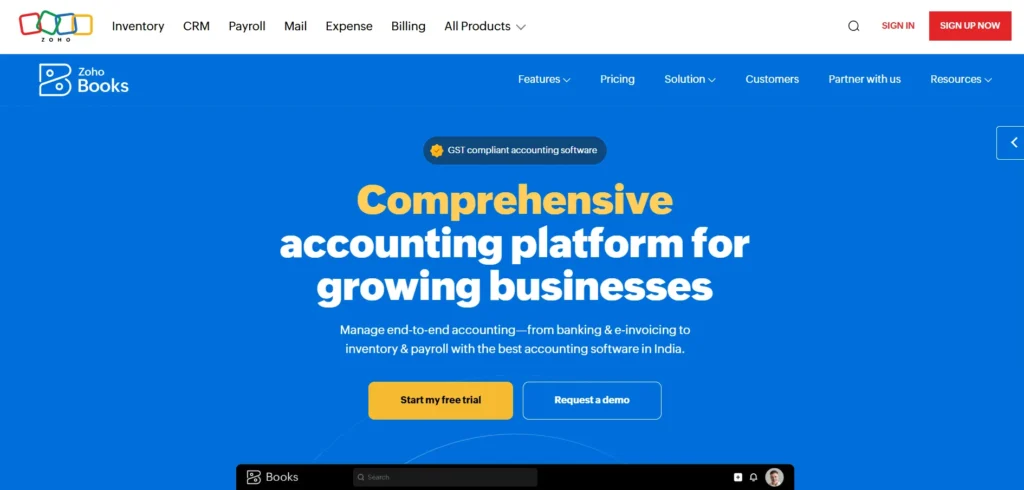
Zoho Books is a cloud-based accounting solution built for small to medium-sized businesses that need more than just invoicing. Part of the larger Zoho ecosystem, it offers a wide range of features designed to cover nearly every aspect of financial management.
At its core, Zoho Books provides strong accounting capabilities, including double-entry bookkeeping, bank reconciliation, purchase orders, expense tracking, and tax management. It also includes tools for managing inventory, vendor credits, and recurring expenses—features that are particularly useful for businesses with physical products or more complex operations.
One of Zoho Books’ key strengths is its integration with other Zoho apps, such as Zoho CRM, Zoho Inventory, and Zoho Projects. This makes it a natural fit for businesses already invested in the Zoho suite. It also supports automation features like payment reminders, workflows, and multi-currency transactions, which can save time and reduce errors.
The platform is accessible through both web and mobile apps, allowing users to manage finances, record expenses, and invoice clients while on the go. With tiered pricing plans and even a free version for businesses under a certain revenue threshold, Zoho Books offers a cost-effective option for those seeking deeper accounting functions in a scalable system.
1. User Experience and Simplicity
The first thing you notice when you log into any software is how it feels. Is it simple? Does it guide you naturally? Or does it overwhelm you with features you don’t yet understand?
FreshBooks nails this right out of the gate. The interface is bright, clean, and intuitive. Even if you’ve never used accounting software before, you can figure it out within minutes. Every button and menu seems placed exactly where you’d expect it to be. Tasks like sending an invoice or logging an expense take just a few clicks.
Zoho Books, on the other hand, feels more layered. It’s packed with features, but that richness comes at the cost of simplicity. Menus are denser, features are hidden under multiple tabs, and it requires a bit of a learning curve before you feel comfortable. For someone without accounting training, the experience can feel intimidating.
This is where FreshBooks wins. Most small businesses don’t have dedicated accountants—they’re run by people who want something quick and efficient. FreshBooks takes away the fear factor and gives you a tool that works immediately.
2. All-in-One Workflow
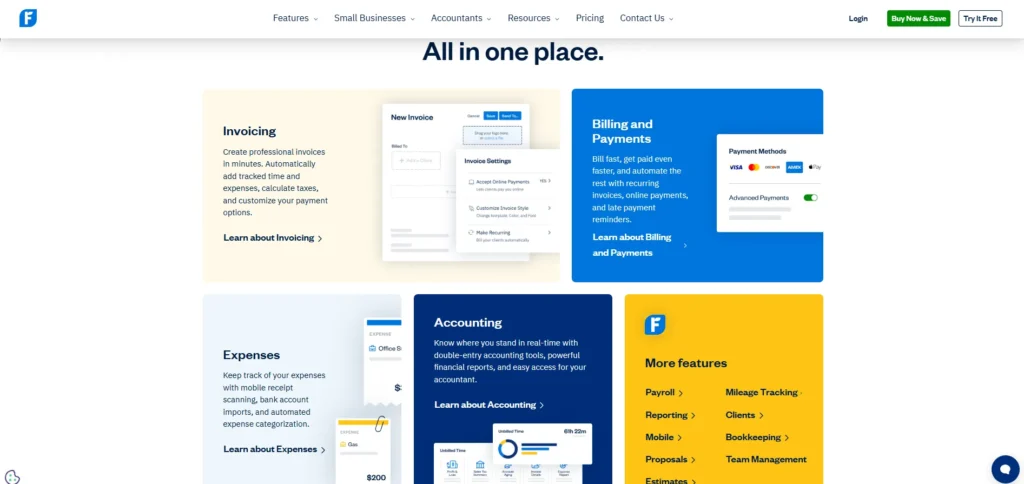
FreshBooks isn’t just about accounting. It’s designed as a complete workflow solution. You can track time, send invoices, manage expenses, accept payments, and even collaborate with clients—all inside the same platform. There’s no need to bounce between different apps.
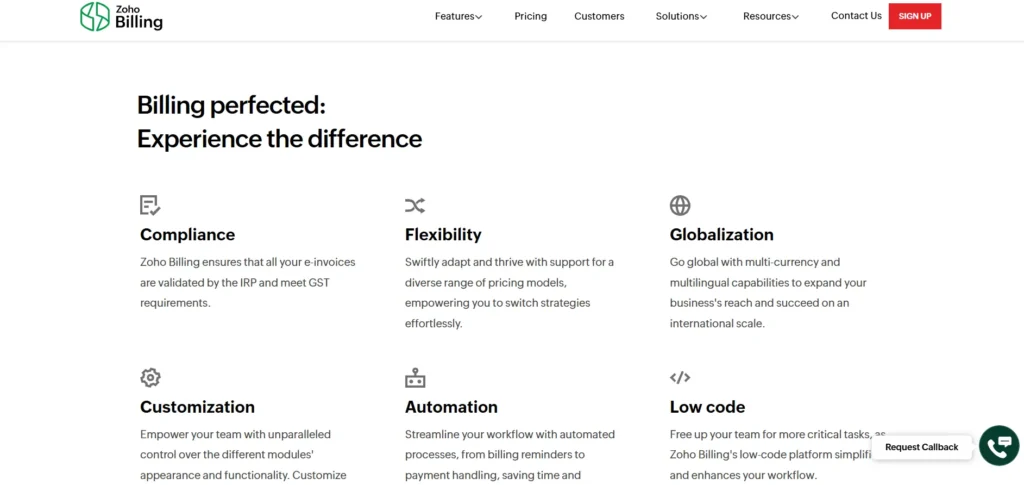
Zoho Books, by contrast, often requires you to plug into other Zoho apps to get a similar experience. For example, you may need Zoho Projects for detailed project tracking or Zoho Invoice for specialized invoicing features. While this makes sense if you’re fully invested in the Zoho ecosystem, it means juggling multiple apps for the average user.
The brilliance of FreshBooks lies in its “everything in one place” design. For a freelancer who wants to log time, generate an invoice, and get paid in the same afternoon, the flow is seamless. You don’t need to think about which module to open—it’s all right there. That simplicity saves time, and time is money.
3. Invoicing and Project Management
If your business relies on billing clients, invoicing is where software makes or breaks your workflow.
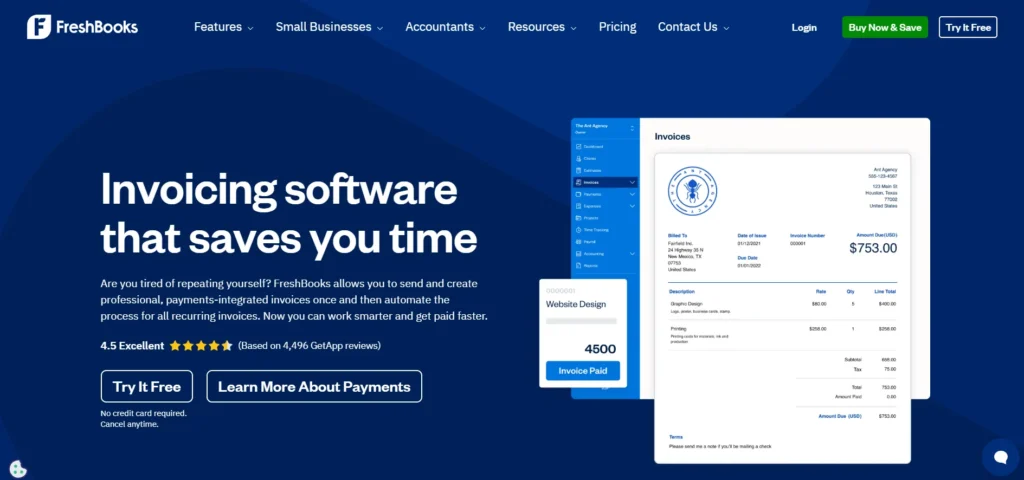
FreshBooks shines with invoicing. It gives you beautiful, professional templates that can be customized to reflect your brand. You can add your logo, choose colors, and tweak layouts so your invoices look polished. Beyond appearances, FreshBooks allows you to set up recurring invoices, add late fees, and accept online payments directly through the invoice.
But FreshBooks goes further—it ties invoicing with time tracking and projects. Imagine you’ve been tracking hours for a client project all month. With FreshBooks, you can turn those tracked hours into an invoice instantly. No need to copy data or calculate totals—it’s done for you.
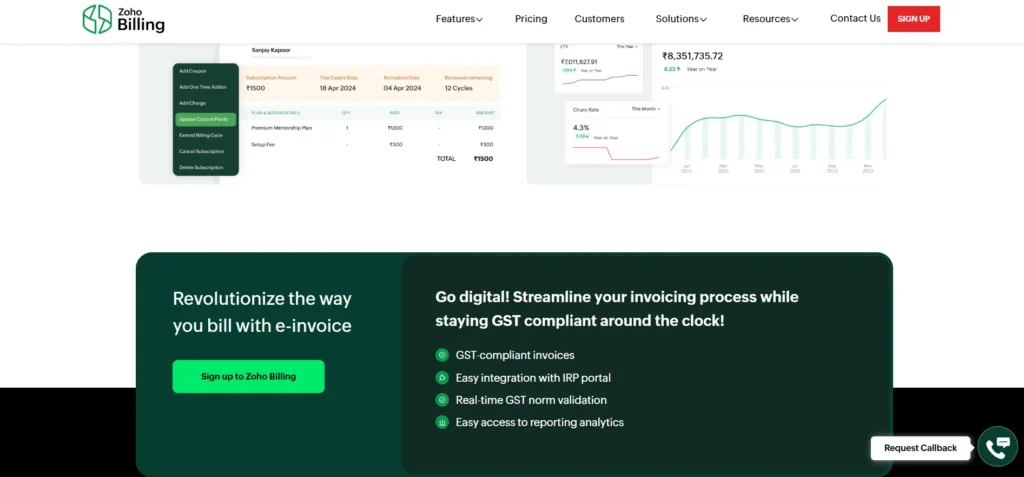
Zoho Books handles invoicing well too, but project billing isn’t as seamless unless you integrate it with other Zoho apps. It does support multiple currencies and languages, which is handy for global businesses. However, for the typical freelancer or service provider, FreshBooks’ direct time-to-invoice flow is hard to beat.
That’s why FreshBooks is the clear winner here—it was built with service-based businesses in mind.
4. Integrations and Ecosystem
No business tool works in isolation. The real power lies in how easily it integrates with the rest of your systems.
FreshBooks connects with more than seventy third-party apps. From payment processors like Stripe and PayPal to e-commerce platforms like Shopify and productivity tools like G Suite, Slack, and Trello, it plugs right into the tools you probably already use. It even integrates with Zapier, which means you can connect it to hundreds of other apps without coding.
Zoho Books takes a different approach. It integrates deeply within the Zoho ecosystem, which includes CRM, HR, marketing, and more. If your business already runs entirely on Zoho, this is a plus. But outside integrations are fewer compared to FreshBooks.
The downside? You can feel boxed in. If you want flexibility and prefer mixing tools from different providers, FreshBooks gives you far more freedom. And that freedom means you can scale your software alongside your business without being forced into a single ecosystem.
5. Mobile App and On-the-Go Work
Business doesn’t only happen at a desk. Whether you’re a consultant meeting clients, a contractor on site, or a freelancer working from a café, mobile access is essential.
FreshBooks has a mobile app that feels like an extension of its desktop version. You can send invoices, track expenses, log hours, or check payments in just a few taps. It’s simple, clean, and doesn’t feel watered down. The app was clearly designed for real-world business owners who need to act fast while away from the office.
Zoho Books also has a mobile app, but it mirrors its desktop complexity. The app is powerful, but it feels denser and less intuitive. Features are there, but navigating them can take longer.
For people who want quick, frictionless mobile access, FreshBooks is the obvious winner. It’s all about speed and ease, without clutter.
6. Accounting Depth and Features
Here’s where Zoho Books often wins favor—it is a more traditional accounting system with robust features. It includes double-entry accounting, advanced inventory management, purchase orders, vendor credits, and the ability to reconcile transactions manually without relying only on bank feeds.
FreshBooks is lighter. It covers essentials like invoicing, expenses, payments, and simple reporting. But it doesn’t go deep into areas like fixed asset management or advanced inventory.
At first, this might sound like a limitation. But think about who FreshBooks is built for. Freelancers, consultants, and small service businesses don’t usually need advanced accounting complexity. They need something fast and easy. In that sense, FreshBooks’ simplicity is its strength. It avoids overwhelming users with features they don’t need.
Zoho Books may be better for a mid-sized business with heavy inventory needs. But for the majority of service-based businesses, FreshBooks hits the sweet spot of functionality without overcomplication.
7. Pricing and Value
Let’s talk numbers.
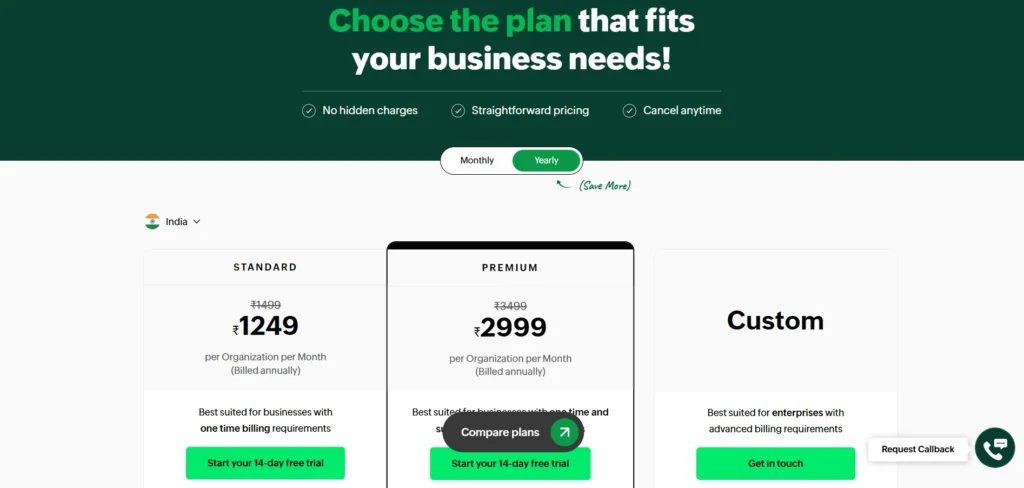
Zoho Books offers a free plan for businesses with less than $50,000 in annual revenue. Its paid plans are tiered, supporting unlimited clients, with costs based on features and number of users. On paper, it looks like a bargain.
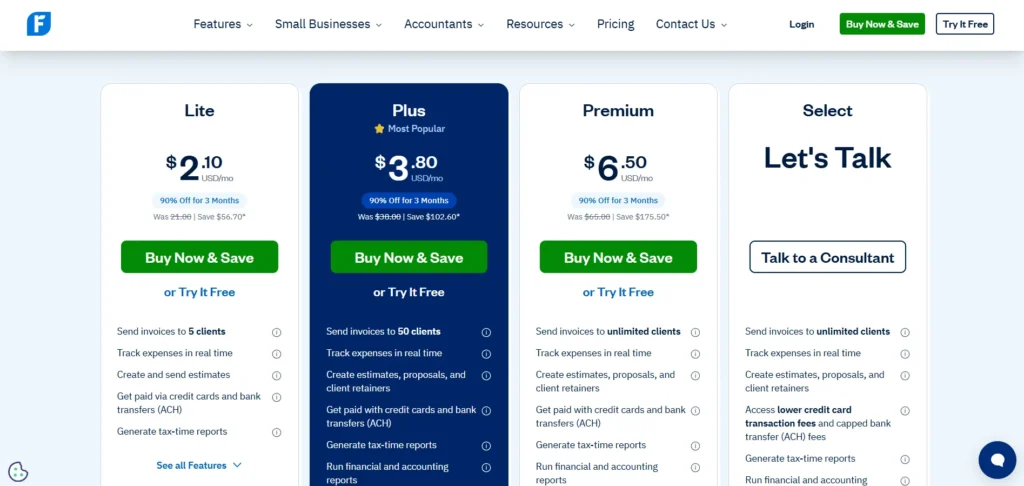
FreshBooks takes a different approach. It charges per user and limits the number of clients you can bill under lower-tier plans. At first, this might seem restrictive, especially if you have many small clients.
But here’s the real value: FreshBooks saves you time. Its all-in-one design means you don’t need multiple add-ons or separate apps. And when you factor in the hours saved by not fighting through a steep learning curve, the return on investment becomes clear.
Many business owners find FreshBooks pays for itself in the time they get back to focus on work that brings in revenue. That’s where FreshBooks edges out Zoho in real-world value, even if the sticker price looks higher.
8. Customer Support and Help
No matter how good software is, there will be moments when you need help. This is where the two platforms differ significantly.
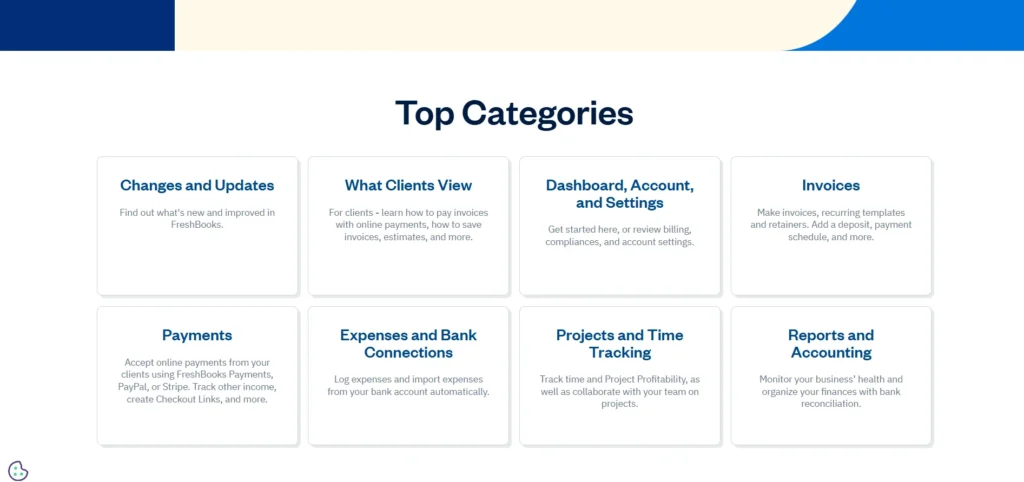
FreshBooks offers live phone support, email, and chat across all plans. Their reputation for helpful, friendly support is strong. Even on the most basic plan, you can speak to a real person without jumping through hoops.
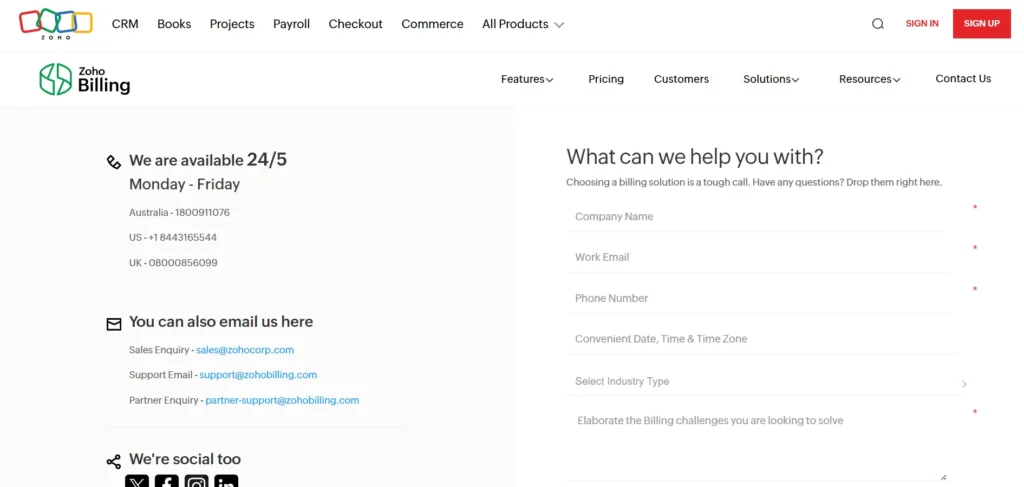
Zoho Books limits support options depending on your plan. Free users often get only email support. Higher-tier plans unlock phone and chat. While the support team is knowledgeable, the tiered access can be frustrating if you’re not on a premium plan.
When you’re running a business, you don’t want to wait days for an answer. FreshBooks’ open, accessible support structure makes it the safer choice.
9. User Satisfaction and Reviews
User reviews give us a real-world picture of how these tools perform.
FreshBooks consistently scores high marks for ease of use, design, and customer support. Small business owners appreciate how quickly they can get started without needing an accountant. Many describe it as “accounting without the headache.”
Zoho Books also receives strong reviews, particularly from businesses that need advanced features. But the recurring theme is that it’s not as beginner-friendly. Users often praise the power but acknowledge the steeper learning curve.
When user-friendliness and satisfaction matter, FreshBooks usually edges out Zoho Books by a slim but consistent margin.
10. Final Verdict
When you line up both platforms, here’s the breakdown:
- FreshBooks is best for freelancers, consultants, service providers, and small businesses that want simplicity, speed, and beautiful invoicing.
- Zoho Books is best for businesses with larger teams, more complex accounting needs, or heavy reliance on the Zoho ecosystem.
But if we look at the categories that matter most—ease of use, all-in-one workflow, invoicing, integrations, mobile access, and customer support—FreshBooks consistently comes out ahead.
For most small business owners, FreshBooks is the smarter choice. It doesn’t just manage numbers; it helps you run your business with less stress and more time to focus on what you do best.
FAQs
Which is better, FreshBooks or Zoho Books?
FreshBooks is better for freelancers and service-based businesses, while Zoho Books suits companies with complex accounting needs.
Is FreshBooks easier to use than Zoho Books?
Yes, FreshBooks is simpler and more beginner-friendly, whereas Zoho Books has a steeper learning curve.
Does Zoho Books offer a free plan?
Yes, Zoho Books offers a free plan for businesses with revenue under a certain threshold.
Can FreshBooks handle inventory management?
FreshBooks has limited inventory features, making Zoho Books stronger for product-based businesses.
Which software has better customer support, FreshBooks or Zoho Books?
FreshBooks offers faster, more accessible support across all plans, giving it the edge.

